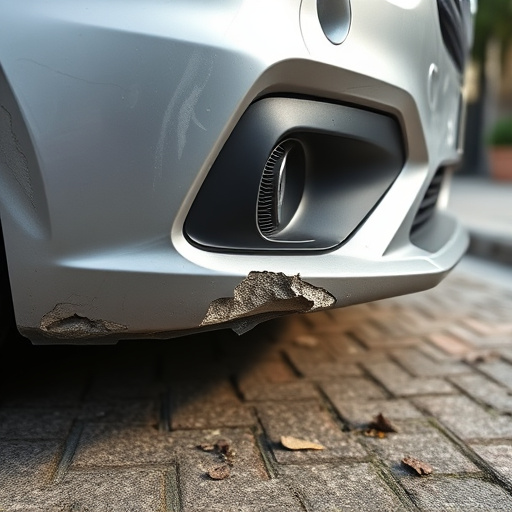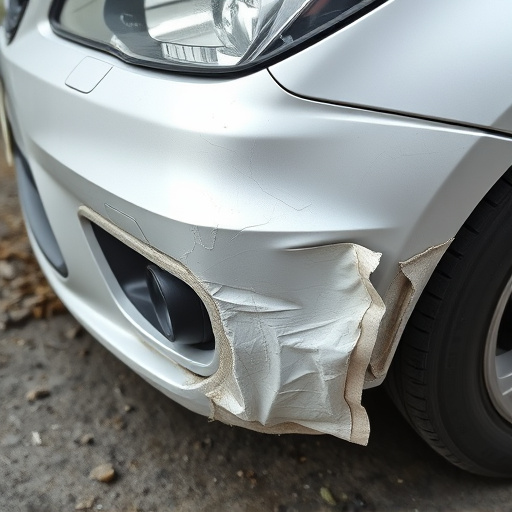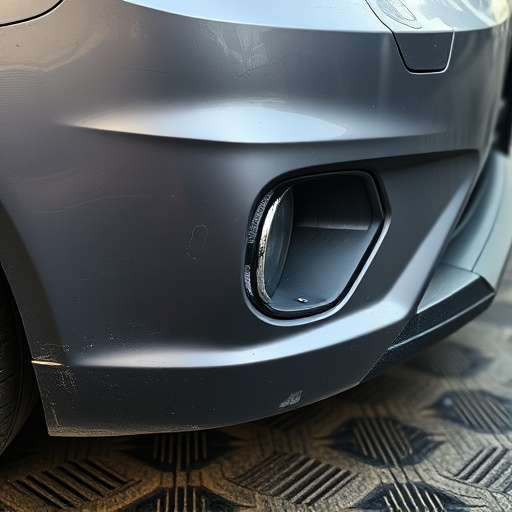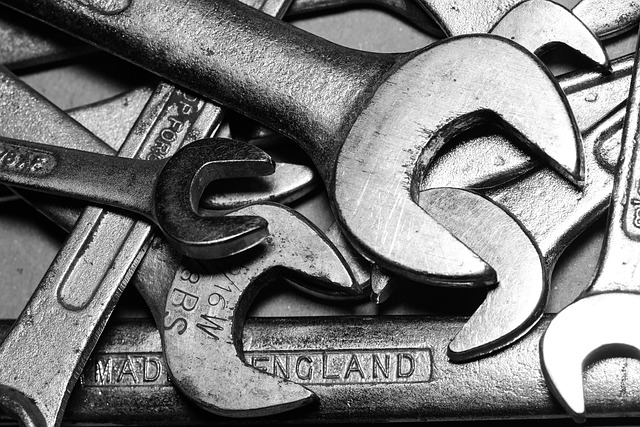Ultrasonic thickness gauges leverage sound waves to accurately measure material thickness non-invasively, making them crucial in automotive repairs for damage assessment and dent removal, as well as in construction and healthcare industries for quality control. Their real-time accuracy enhances efficiency across diverse sectors.
Technicians across various industries are leveraging the power of sound waves with ultrasonic thickness gauges, a game-changing tool for precise measurements. This article delves into the science behind this technology, revealing how it uses high-frequency sound pulses to determine material thickness with remarkable accuracy. We explore its diverse applications, from manufacturing and construction to medical devices, highlighting the benefits of non-destructive testing and real-time data acquisition.
- Understanding Ultrasonic Thickness Gauge Technology
- The Science Behind Sound Wave Measurement
- Applications and Benefits in Various Industries
Understanding Ultrasonic Thickness Gauge Technology

Ultrasonic thickness gauges utilize sound waves to measure material thickness with incredible accuracy. This non-destructive testing method sends high-frequency sound pulses through a surface, and by analyzing the time it takes for the pulse to return, the gauge calculates thickness. This technology is particularly valuable in industries like automotive, where precise measurements are crucial for tasks such as car body repair and ensuring structural integrity.
For fleet repair services, ultrasonic thickness gauges play a vital role in monitoring vehicle conditions. They enable mechanics to quickly assess damage, detect thinning or corrosion underneath paint surfaces, and even measure the thickness of materials used in car dent removal processes, ultimately leading to more effective and efficient repairs.
The Science Behind Sound Wave Measurement

Sound wave measurement is a revolutionary technique employed by technicians in various industries, particularly in automotive sectors like vehicle body shops and automotive repair services, to determine material thickness with precision. An ultrasonic thickness gauge utilizes high-frequency sound waves to penetrate the surface of a material. These waves travel through the object until they bounce back, creating an echo that’s measured by the device. The time it takes for the wave to return offers crucial insights into the material’s thickness.
This method is non-invasive and highly accurate, making it invaluable in quality control processes. For instance, in car dent removal procedures, ultrasonic thickness gauges help technicians assess the extent of damage and determine appropriate repair strategies. By understanding the depth and dimensions of a dent or crack, professionals can offer tailored solutions, ensuring vehicles return to their pre-damage condition.
Applications and Benefits in Various Industries

Ultrasonic thickness gauges have found their way into numerous industries, revolutionizing quality control and precision measurement. These advanced tools emit sound waves to gauge the thickness of materials non-destructively, a process that is particularly beneficial in sectors like automotive manufacturing. Auto repair services and automotive body work rely on these gauges to ensure the integrity of vehicle components, helping technicians identify any damage or discrepancies.
In addition to the automotive sector, ultrasonic thickness gauges are invaluable for quality assurance in fields such as construction, where measuring the thickness of materials like concrete or drywall is essential. Their versatility extends to industries like healthcare, where they can be used to monitor and control the thickness of medical devices and materials, ensuring safety and efficacy. This technology’s ability to provide accurate, real-time measurements makes it a game-changer in various applications, fostering efficiency and precision across different sectors.
Ultrasonic thickness gauges have revolutionized measurement techniques across industries, offering precise and non-destructive assessments. By harnessing the power of sound waves, these innovative tools provide a versatile solution for gauging material thickness, ensuring quality control and enabling efficient production processes. The scientific principles behind this technology ensure accurate results, making ultrasonic thickness gauges an indispensable asset in modern manufacturing and material handling.













